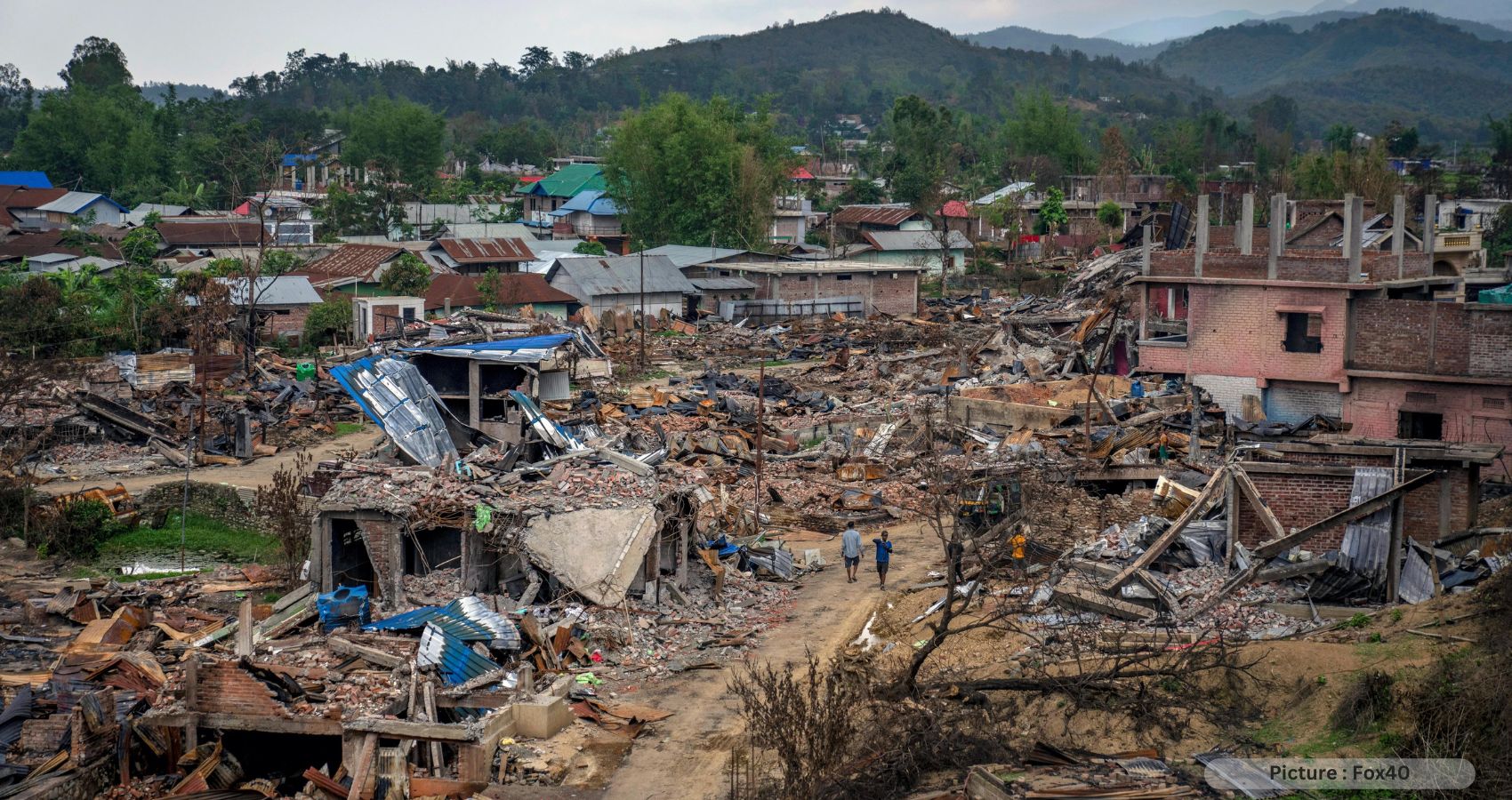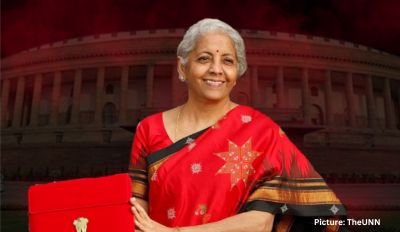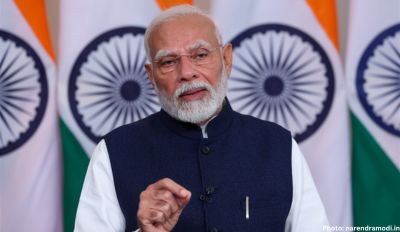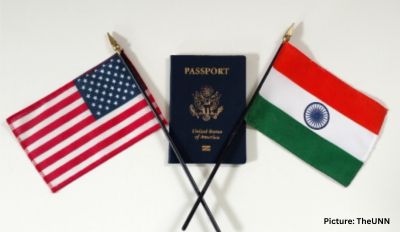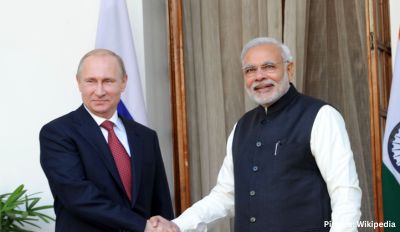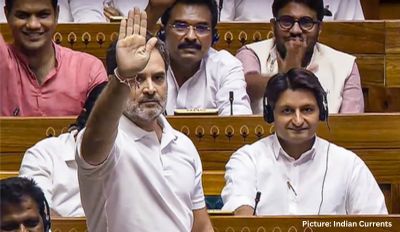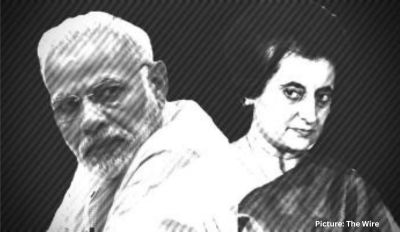It’s been the same old thing recently for Prime Minister Narendra Modi of India: honorary pathway trips abroad, strip cuttings and political meetings at home.
However, he has largely avoided discussing the ethnic violence that has been raging for months in the northeastern state of Manipur. Mobs of the majority ethnic Meitei community have destroyed villages of the minority Kuki and other tribes, killing more than 150 people and forcing over 60,000 people to flee their homes.
The tumult has been broad to the point that huge number of public safety powers shipped off suppress the distress have attempted to reestablish quiet, with the region really parceled along ethnic lines in the thing occupants are portraying as a nationwide conflict.
However a few senior figures inside Mr. Modi’s Bharatiya Janata Party have gotten more engaged with the emergency, the state leader has kept a concentrated on quietness.
The flash was a court deciding that undermined a fragile equilibrium by basically giving greater government advantages to the Meiteis. In spite of the fact that they control the switches of state power, they have had a little portion of the state’s territory.
Meitei mobs, which activists and rights groups contend are enabled by the state government, attacked tribal communities as they protested the ruling. India’s Supreme Court has since proclaimed the lower court’s decision “totally genuinely off-base,” yet halting the violence was past the point of no return.
To drive Mr. Modi to address inquiries on the issue, India’s opposition groups depended on something exceptional last week: a motion in Parliament to vote against his government’s no-confidence.
The move, which is merely procedural and is Mr. Modi’s second such vote in his nearly decade in power, There is no chance that voters will remove his government.
Yet, it has featured how India’s most impressive forerunner in many years has reshaped the country’s parliamentary majority rule government. With an outright greater part in the governing body permitting him to obstruct and crash banter; a tyrannical national media that largely follows his lead and conceals difficult topics; Mr. Modi wields power increasingly unchecked by India’s political system’s previous guardrails and an overwhelmed judiciary.
Also, experts say what is happening in Manipur epitomizes India’s more extensive weaknesses even in the midst of the country’s ascent as a monetary and strategic power. Misusing homegrown separation points in the immensely assorted country opens room that foes at its boundary could take advantage of.
It also puts India’s military at risk. The division that is primarily in charge of providing security along China’s extensive border, where the two sides have been at odds for more than two years, sent troops to Manipur.
The opposition leader Gaurav Gogoi, who initiated the vote of no confidence, referred to it as an effort “to force” Mr. Modi, who rarely attends sessions or debates, to discuss Manipur.
Mr. Gogoi, deputy leader of the Indian National Congress party in the lower place of Parliament, said that the ethnic gatherings engaged with the savagery were spread across a few states and that “gradually expanding influences” were conceivable. In a region that has a history of violent insurgencies, he added, mobs had robbed police weapons depots, leaving approximately 5,000 weapons unaccounted for.
“The way that there are these weapons which are at large — monstrous number of refined weapons — is an extremely tremendous gamble to our public safety,” Mr. Gogoi said in a meeting.
Mr. Modi’s quietness, experts said, reflects how vital his image is for the estimations of his administering party, known as the B.J.P., around the following year’s overall decisions. He has been able to save state and local elections where the B.J.P. was having trouble because he is personally more popular with voters than the party he leads. Party pioneers need to try not to connect him in the public brain with Manipur.
Amit Shah, Mr. Modi’s home minister, visited Manipur last month and told Parliament last week that he was able to have a conversation in the interest of the public authority. In addition, he and other officials informed the local media that Mr. Modi had been frequently briefed on the government’s efforts to restore order through security operations, legal action, and meetings between Meiti and Kuki groups.
Insurgencies based on tribal and ethnic grievances have plagued India’s northeast region ever since it became a republic seven decades ago. Many have resulted in fragile cease-fires, creating a delicate equilibrium between tribes competing for resources and land from New Delhi as well as a share of illicit trade along the border. Connections through the northeast, which have been prioritized by successive national governments, have the potential to expand trade with Bangladesh, Myanmar, and Southeast Asia as a whole.
The winding in Manipur “brings into question something beyond India’s homegrown story, more than India’s network story,” Avinash Paliwal, a researcher at SOAS College of London and the writer of a forthcoming book on India’s northeast ” You are making old wounds worse.
The Meiteis are to a great extent Hindu and the Kukis generally Christian, yet the savagery has been more along ethnic lines than strict.
Strains had stewed for quite a long time as Biren Singh, the Meitei chief minister of the B.J.P., adopted an inexorably biased strategy to the ancestral networks, especially the Kuki and the Kuki-Zo, portraying them as outcasts usurping land. In the ongoing emergency, he has portrayed the contention as between the state and what he named “psychological oppressors,” alluding to Kuki gatherings.
In any case, the Indian Armed force’s head of safeguard staff said the “circumstance in Manipur doesn’t have anything to do with counterinsurgency and is essentially a conflict between two nationalities.”
Mr. Singh has stayed in his occupation in spite of far and wide requires his renunciation, some from his own party. Ancestral administrators from the B.J.P. have basically denounced Mr. Singh of complicity in the viciousness..
Rather than holding Mr. Singh responsible, examiners said, the public authority has attempted to put a top on Manipur, hindering web access in the state.
As of late Mr. Modi talked diagonally about Manipur when a viral video on Twitter dodged the web closure. It showed a Meitei crowd strutting ancestral ladies stripped and attacking them. His remark zeroed in on the “disgrace” of the episode prior to lumping it with maltreatments against ladies and savagery during nearby surveys in resistance run states.
His administration moved to pressure Twitter into bringing the video down, and authorities told the neighborhood news media that the one who had recorded it had been captured.
The government has really divided Manipur — keeping Mr. Singh as boss clergyman to care for the Meitei regions, while the areas of Kukis and different clans are run from New Delhi, with the military attempting to keep a support zone, experts and occupants said.
“This ought to be a contextual investigation on how not to deal with the rule of law circumstances, not to mention ones of ethnic partitions,” said Vikram Singh, a previous senior police official.
Among those compelled to escape was Ngaliam, a Kuki lady in her 60s. At the point when she and her sibling got away from their town, her 38-year-old child, Thangkhochon, remained behind. The family claims that a mob with police assistance carried out the attack that resulted in his death. It was impossible to verify that assertion.
Ngailam, who utilizes just a single name, is presently at a help camp in the Churachandpur region. Via telephone, she said she was confused for how to sort her life back out.
Volunteer medical caretakers depicted her as melancholy and said she discusses how she feels remorseful for abandoning her child.
Lunminthang Kipgen, one of the nurses, stated in a telephone interview, “She wakes up crying in the middle of the night and saying, ‘My son is looking at me and blaming me for being alive.'”

